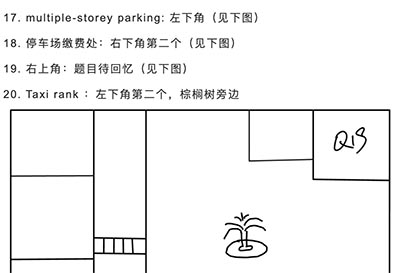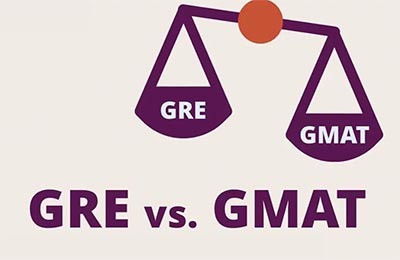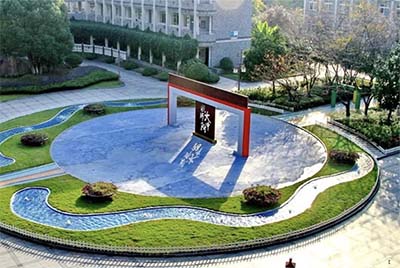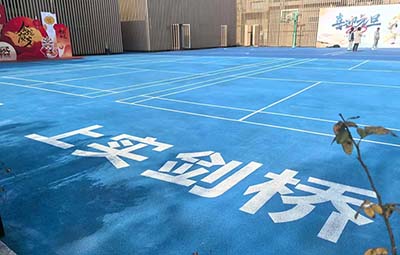首頁(yè) >> 雅思學(xué)習(xí)資料 >> 雅思寫(xiě)作>>正文
雅思寫(xiě)作真題:人人擁有車(chē)輛、電視和冰箱對(duì)社會(huì)的影響
時(shí)間:2022-05-26
來(lái)源:網(wǎng)絡(luò)
作者:顧老師
今天給大家分享2022年5月21日雅思線(xiàn)下考試當(dāng)中,大作文出現(xiàn)的一個(gè)真題:It is suggested that everyone in the world should have a car, a TV, and a fridge. Do you think the disadvantages outweigh the advantages for the society
本題是較老的議論文考題,討論的是人人擁有車(chē)輛、電視和冰箱對(duì)社會(huì)產(chǎn)生的影響。寫(xiě)作方向靈活,范文側(cè)重消極影響,主要談?wù)摿诉^(guò)度消費(fèi)對(duì)環(huán)境等方面產(chǎn)生的影響。
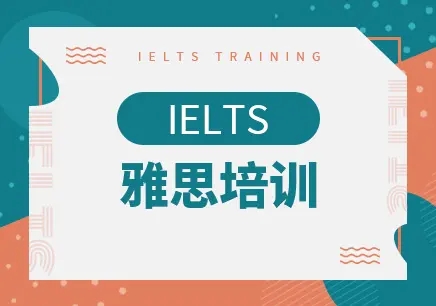
范文(網(wǎng)上收集整理,僅供參考)
Commodities such as cars, TV, and refrigerators that were luxuries decades ago have become basic essentials of a comfortable lifestyle today. While some suggest that everyone should be in possession of them, I believe it can exert more undesirable consequences on society in the long run.
The pursuit of a higher standard of living has become the common aspiration of everyone. Cars provide the flexibility of autonomous travel; televisions are used as convenient sources of news and entertainment, and refrigerators help to preserve food so as to offer a wider range of diet choices. To the whole society, high demand of them implies a growing economy, as the increasing sales figures for cars and household equipment often mean that more employment opportunities are created and a great deal of wealth can be accumulated.
However, there are potential problems. Primarily, mass car ownership is often held responsible for severe traffic congestion and pollution problems, and exhaust emissions from cars lower the air quality, resulting in the prevalence of chronic respiratory diseases and consequently affecting the health of the general public. Secondly, many believe that we have developed into a ‘throw-away’ society since the environment is filling up with a staggering amount of electronic waste. Nowadays, society is strongly influenced by consumerism, and therefore people’s consuming habits are built on the notion of keeping buying latest version of household items. Evidently, this trend takes a huge toll on the environment and the world’s resources.
To conclude, excessive consumption of cars, televisions, and refrigerators is detrimental and unsustainable to the long-term development of the whole society.
重點(diǎn)詞匯語(yǔ)料
commodities 商品
essentials 生活必需品
in possession of 擁有
exert 產(chǎn)生
aspiration 渴望
autonomous travel 自由出行
diet choices 飲食選擇
household equipment 家庭設(shè)備
severe traffic congestion 嚴(yán)重交通擁堵
exhaust emissions 尾氣排放
chronic respiratory diseases 慢性呼吸系統(tǒng)疾病
a ‘throw-away’ society“廢品”社會(huì)
a staggering amount of electronic waste 數(shù)量驚人的電子垃圾
consumerism 消費(fèi)主義
take a huge toll on 對(duì)……造成了巨大損失
excessive 過(guò)多的
detrimental 有害的
unsustainable 不可持續(xù)的
以上就是關(guān)于本次雅思真題機(jī)經(jīng)的分享全部?jī)?nèi)容了,希望對(duì)備考雅思的同學(xué)們有所幫助!更多雅思口語(yǔ)話(huà)題內(nèi)容,可以在我們網(wǎng)站當(dāng)中獲取~









